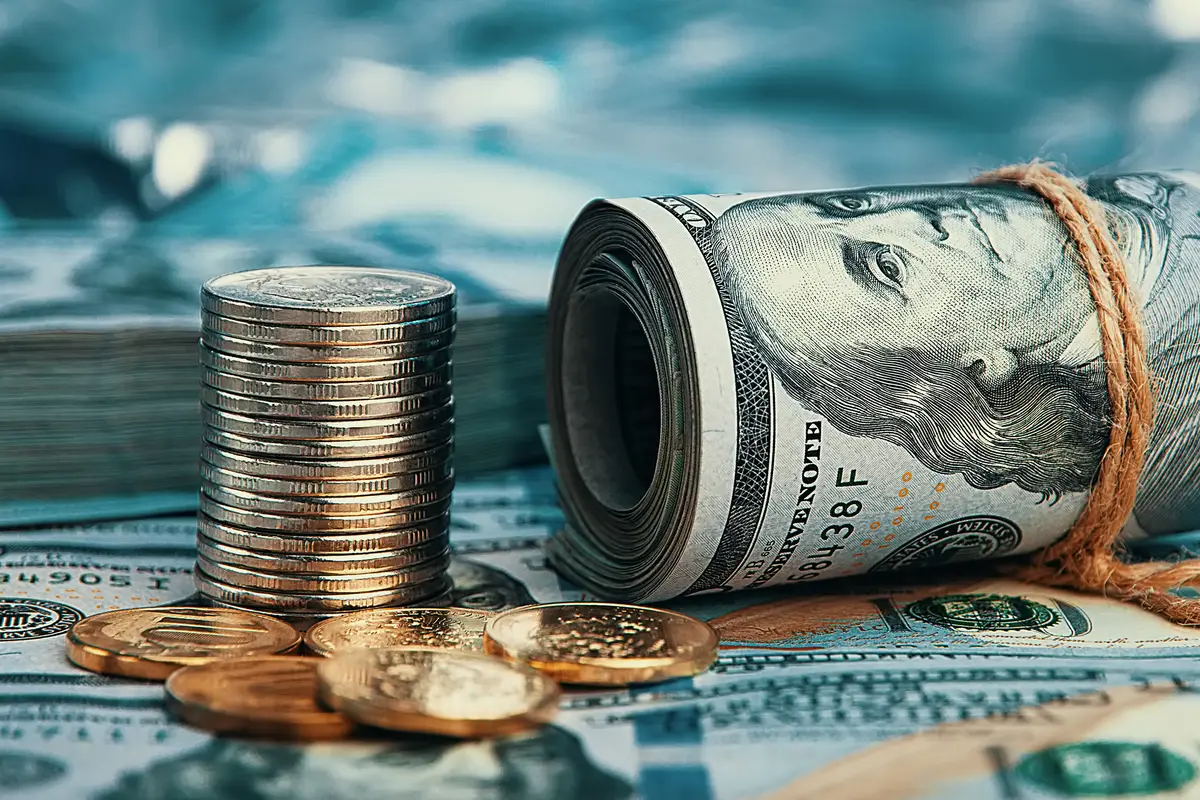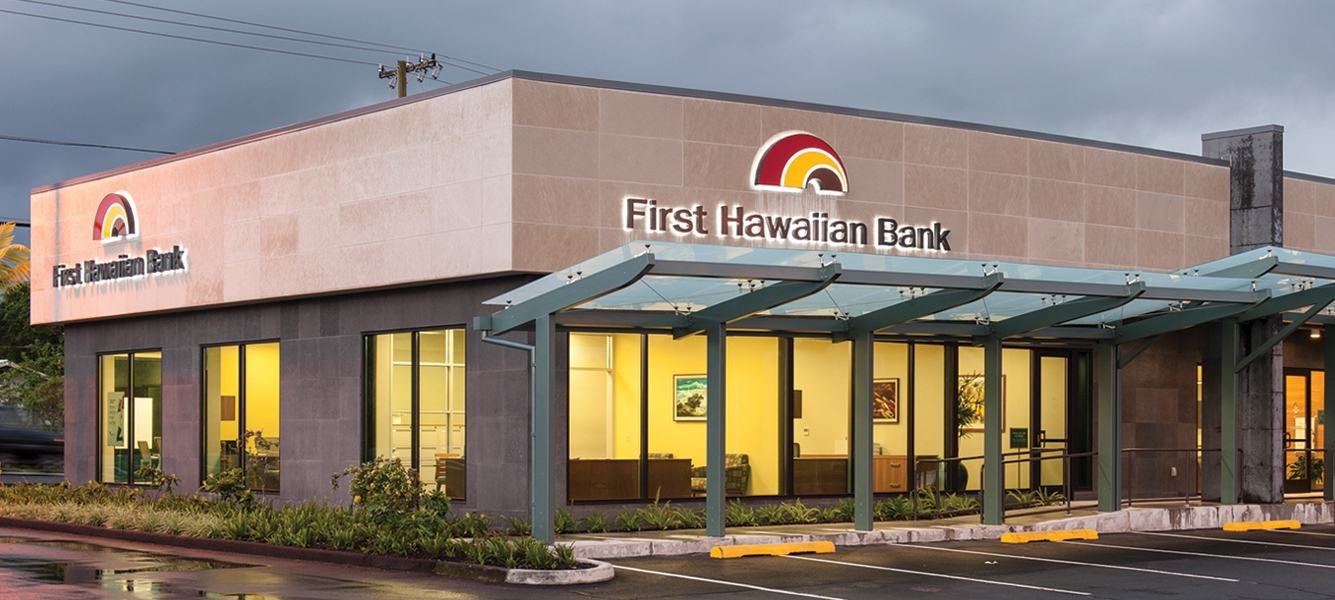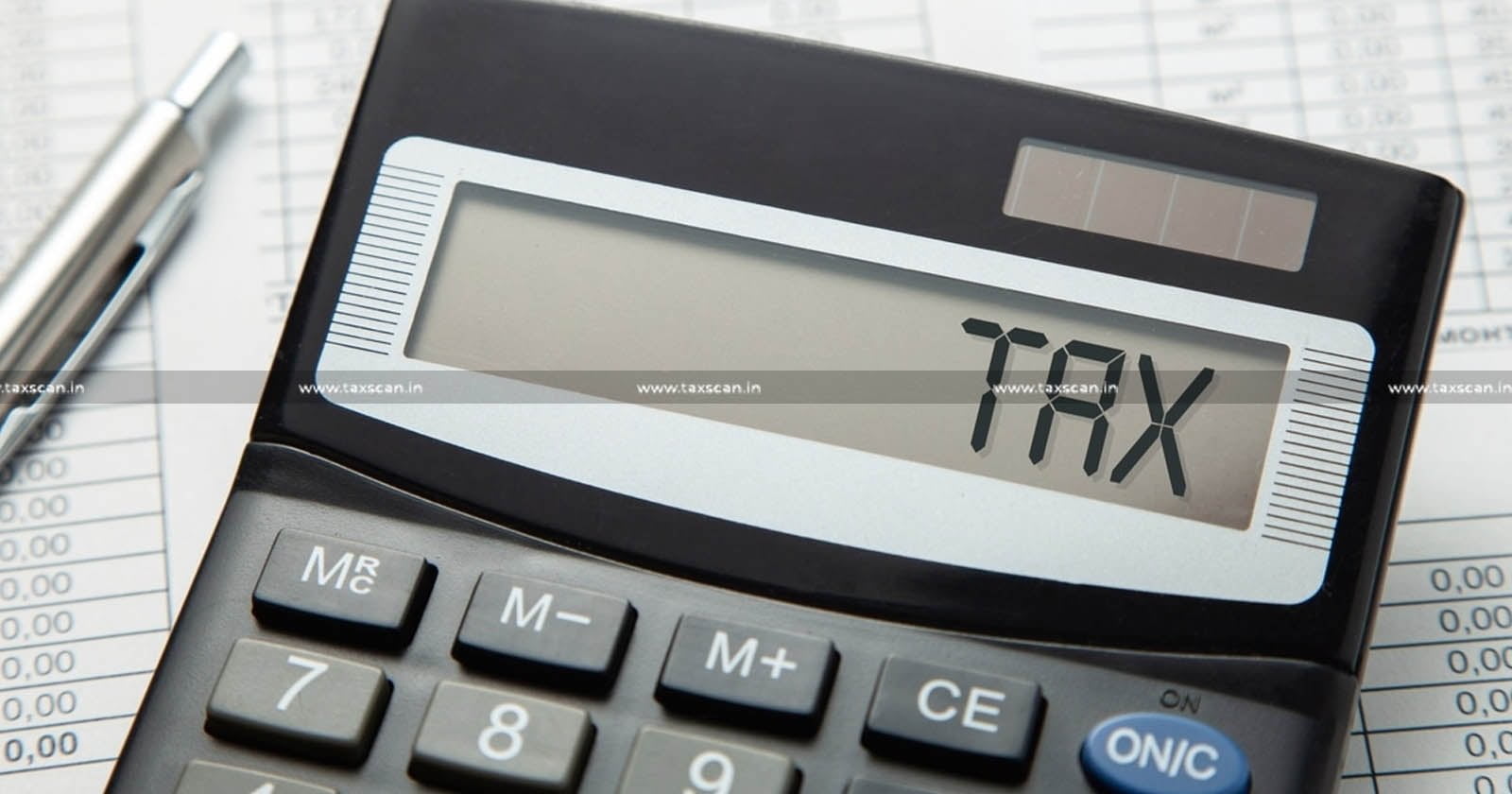Hawaii is known for its beautiful landscapes, rich culture, and unique lifestyle. However, like many places, the cost of living in Hawaii can be high. One crucial aspect of the economy is the minimum wage, which directly affects workers and businesses across the islands. In this article, we will explore the Hawaii minimum wage, its history, current rates, and the implications for residents and employers.
What is Minimum Wage?
Minimum wage is the lowest legal amount that employers can pay their employees for work performed. This wage is established to ensure that workers receive fair compensation for their labor. Minimum wage laws can vary significantly from one place to another, reflecting the cost of living and economic conditions of each area.
Why Minimum Wage Matters
Minimum wage is essential for several reasons. First, it helps ensure that workers earn enough to meet basic living expenses, such as food, housing, and transportation. Second, it can reduce poverty levels and promote a healthier economy by increasing consumer spending. Lastly, a fair minimum wage can help attract and retain talent in various industries. You Can Also Read This Jobs in Hilo Hawaii: Opportunities Await in Paradise
History of Minimum Wage in Hawaii
Hawaii has a unique history regarding minimum wage laws. The state first established a minimum wage in 1938, shortly after the federal government enacted the Fair Labor Standards Act. Over the years, Hawaii has seen numerous changes in its minimum wage rates to keep pace with the rising cost of living.
Early Changes
In the early years, Hawaii’s minimum wage was set at 75 cents per hour. As the cost of living increased, so did the minimum wage. In 1969, Hawaii became the first state to enact a minimum wage above the federal level, showcasing its commitment to worker rights.
Recent Developments
In recent years, Hawaii has continued to adjust its minimum wage to address the rising cost of living. Significant changes took place in 2014, when lawmakers passed a bill to raise the minimum wage gradually. The goal was to reach $10.10 per hour by 2018. However, the discussion about the minimum wage continued, reflecting ongoing debates about economic sustainability and worker needs.
Current Minimum Wage in Hawaii
As of January 1, 2024, the minimum wage in Hawaii is set at $12.00 per hour. This increase is part of a broader plan to gradually raise the minimum wage to $18.00 per hour by 2026. The phased approach aims to allow businesses to adjust while ensuring that workers can earn a livable wage.
Differences in Minimum Wage Rates
While the statewide minimum wage is $12.00, specific sectors, such as hospitality and agriculture, may have different wage standards. Employers in these sectors must comply with the minimum wage laws while also considering tips and other forms of compensation that workers may receive.
Impact of Minimum Wage on Workers
The increase in the minimum wage in Hawaii has significant implications for workers across the state. Higher wages can improve the quality of life for many individuals and families, allowing them to better afford necessities.
Cost of Living Considerations
Hawaii consistently ranks as one of the states with the highest cost of living in the U.S. With housing prices, food costs, and transportation expenses often soaring, the minimum wage must reflect these realities. The increase in the minimum wage is a critical step in helping workers keep pace with rising expenses.
Benefits for Workers
- Improved Quality of Life: Higher wages allow workers to spend more on essentials, healthcare, and education.
- Reduced Poverty Rates: Increasing the minimum wage can help lift families above the poverty line, contributing to a healthier society.
- Increased Job Satisfaction: When workers feel fairly compensated, job satisfaction and morale tend to improve, leading to better productivity.
Impact of Minimum Wage on Employers
While higher minimum wages benefit workers, they can also create challenges for employers. Business owners must navigate the complexities of adjusting wages while maintaining profitability.
Increased Labor Costs
One of the most immediate impacts of raising the minimum wage is the increase in labor costs for employers. Businesses may need to adjust their budgets to accommodate higher salaries. This can lead to difficult decisions, such as reducing staff hours or raising prices.
Potential Benefits for Employers
- Reduced Turnover: Higher wages can lead to increased employee retention, reducing the costs associated with hiring and training new staff.
- Enhanced Productivity: Satisfied employees are often more productive, leading to improved business outcomes.
- Attracting Talent: Competitive wages can help businesses attract skilled workers, enhancing the overall quality of the workforce.
The Future of Minimum Wage in Hawaii
Looking ahead, discussions about the minimum wage in Hawaii will likely continue. As the economy evolves and living costs fluctuate, lawmakers and community leaders must work together to balance the needs of workers and employers.
Ongoing Conversations
Public forums, community meetings, and discussions among lawmakers play a crucial role in shaping future policies. Engaging with both workers and employers is essential to finding solutions that work for everyone.
Potential Adjustments
As the phased increase to $18.00 per hour approaches, it will be essential to monitor the economic landscape. Adjustments may be needed based on inflation rates, business performance, and the overall economy.
FAQs About Hawaii Minimum Wage
What is the current minimum wage in Hawaii?
As of January 1, 2024, the minimum wage in Hawaii is $12.00 per hour, with plans to increase it to $18.00 by 2026.
How does Hawaii’s minimum wage compare to the federal minimum wage?
Hawaii’s minimum wage is higher than the federal minimum wage, which is currently $7.25 per hour. States have the right to set their minimum wages above the federal level.
Are there different minimum wage rates for different industries?
Yes, some industries, like hospitality and agriculture, may have different standards. Employers must comply with the applicable wage laws for their specific sector.
How does the minimum wage impact the cost of living?
Increasing the minimum wage aims to help workers keep up with the high cost of living in Hawaii, allowing them to afford essential expenses.
What resources are available for workers to learn about their rights?
Workers can find information about minimum wage laws and their rights through local labor unions, government websites, and community organizations.
Conclusion
Understanding the Hawaii minimum wage is crucial for both workers and employers. As the state navigates the challenges of rising living costs, ensuring fair compensation remains a top priority. By staying informed and engaged in discussions about minimum wage policies, residents can contribute to a better economic future for everyone in Hawaii. For more information on Hawaii’s economy and living conditions, visit Hawaiian Page.



